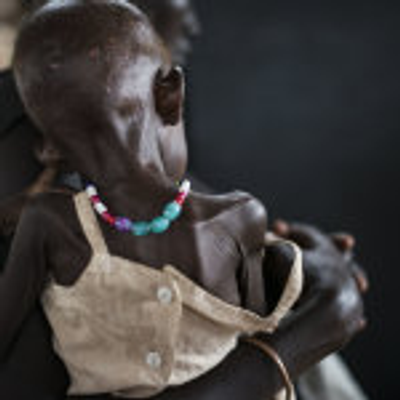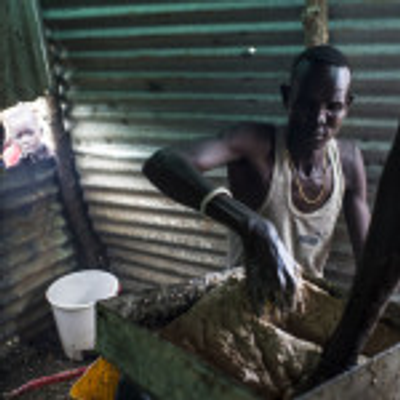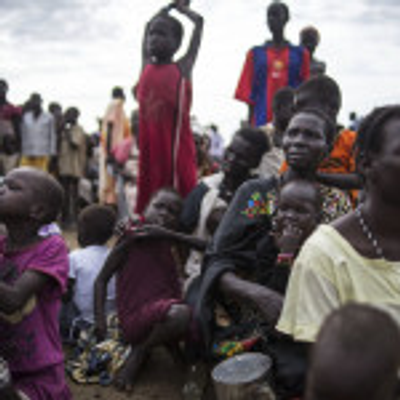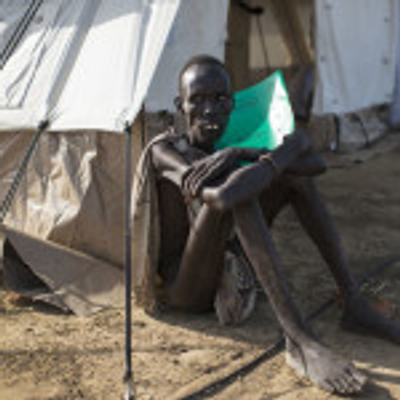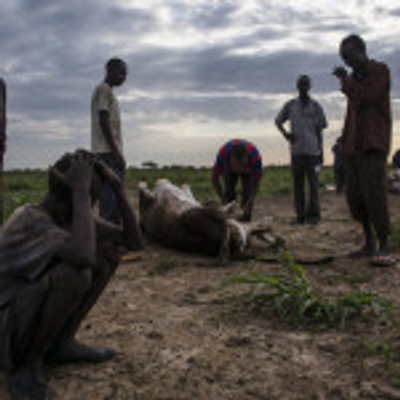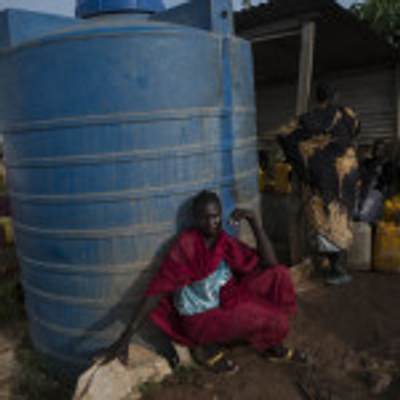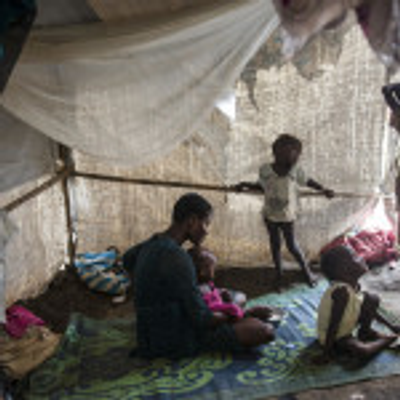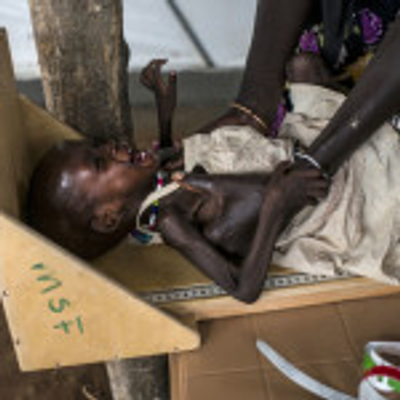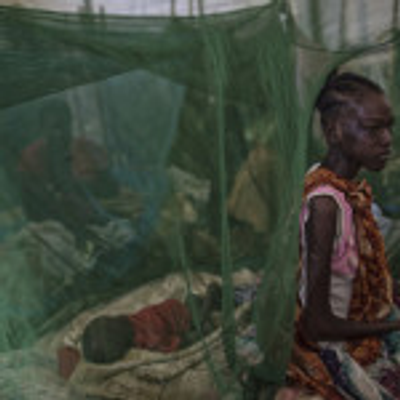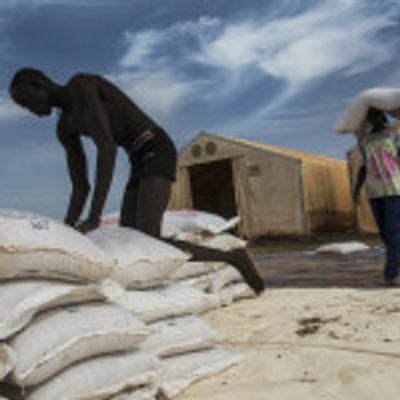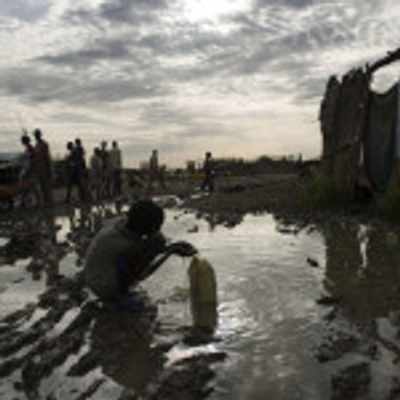WAU SHILUK, South Sudan — At the beginning of the rainy season every year, Nyaaker Onwar, 34, would plant the sorghum and vegetables, while her husband and eldest son herded the cows and caught fish from the White Nile. They ate what they produced, and when the harvest was bountiful, they sold the rest in a nearby market town.
This year, things are different.
In February, armed men looted their cows, burned their fishing boat and kidnapped some of their relatives. Ms. Onwar fled with her husband and seven children to this village through rain and deep mud. She has been here for weeks with thousands of people displaced by South Sudan’s civil war. When she arrived, she was hungry, with no money and few options.
“We had to sell our clothes to buy food,” she said.
Continue reading the main story
Related Coverage
South Sudan Cease-Fire Proves to Be Short-LivedMAY 14, 2014
The burial of a girl killed by crossfire in South Sudan, where the U.N. reports human rights violations “on a massive scale.”
U.N. Report Documents Atrocities by Both Sides in South Sudan WarMAY 8, 2014
Five months of war in South Sudan has led to the deaths of thousands and the displacement of more than one million people. But officials warn that the tragedy could just be beginning. A serious food crisis is looming over the country, and the United Nations says that if action is not taken immediately, the consequences could be dire.
“There is every likelihood that the worst food crisis in South Sudan’s history can happen,” said Hilde Johnson, chief of the United Nations mission in South Sudan. “This can involve a famine of significant proportions.”
The civil war erupted in December, when clashes broke out between soldiers loyal to President Salva Kiir and those loyal to his former vice president, Riek Machar. The conflict soon took on an ethnic dimension, pitting South Sudan’s two largest groups, the Dinka and the Nuer, against each other. Mr. Kiir is a Dinka, while Mr. Machar is a Nuer.
So many people have been displaced by the fighting that the planting season was disrupted, creating major concerns about the next harvest. Fishermen cannot work the rivers. Livestock have been lost and abandoned. Cholera has broken out in the capital, Juba, and threatens other parts of the county.
Here in Wau Shiluk in Upper Nile State, the consequences of war are being seen, with malnutrition on the rise, along with other ailments caused by a lack of food and clean water. Aid workers and fleeing residents said that some displaced people were so hungry that they had resorted to eating leaves and grass.
“If the conflict continues, half of South Sudan’s 12 million people will either be displaced internally, refugees abroad, starving or dead by the year’s end,” the United Nations secretary general, Ban Ki-moon, warned the Security Council this month.
Both sides in the conflict, under international and regional pressure, agreed to allow humanitarian corridors to be opened, and a shaky peace deal was signed on May 9 in the Ethiopian capital to lead to the creation of a transitional government. But, as with a cease-fire signed in January, fighting resumed within days.
At a clinic here run by Doctors Without Borders, exhausted mothers stood in line with thin young children. When volunteer doctors measured the circumference of Ms. Onwar’s 6-month-old son, the measuring tape’s arrow landed in the red zone, indicating acute malnutrition.
Continue reading the main story Continue reading the main story
Continue reading the main story
“When I was in this area last year, I used to admit 10 cases a week,” said Mitsuyoshi Morita of Doctors Without Borders. “Now, the scale is much higher: in a week, we admit hundreds.”
Ajob Duath is a boy of 4, but he looks a fraction of his age. Incredibly thin and obviously weak, he sat on the dirt ground, in red shorts, almost still as a statue, other than the slow movements of his left hand to ward off flies from his face.
